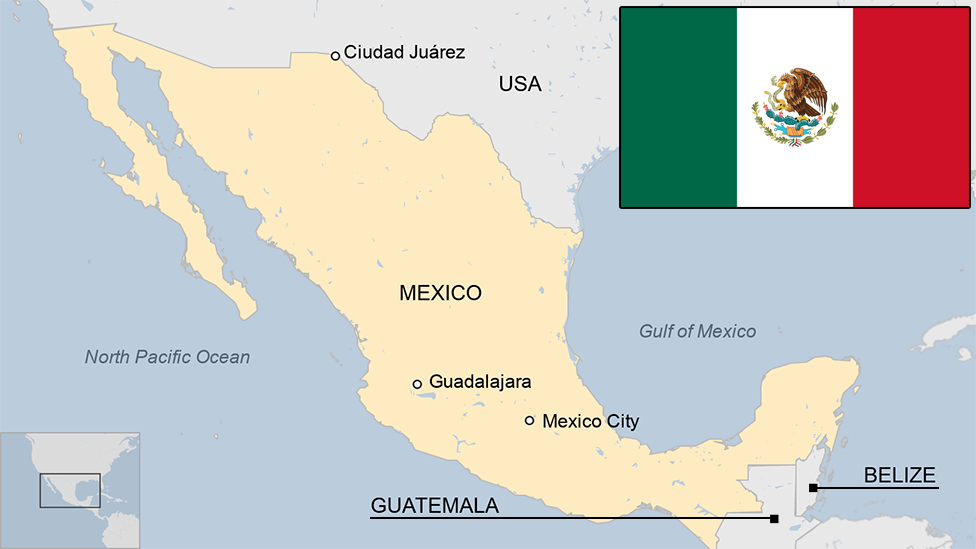
Mexico: The Fourteenth Largest Country by Area
mashupch
- 0
mashupch.com – Mexico, a country rich in history, culture, and natural beauty, holds the distinction of being the fourteenth-largest country in the world by total area. Spanning across an impressive 1.96 million square kilometers, Mexico is a land of diverse ecosystems, from the arid deserts of the north to the lush rainforests of the south. This article explores the geographical, cultural, and economic aspects that make Mexico a unique and significant nation on the global stage.
Geographical Overview
Mexico’s vast size is a result of its extensive landmass, which stretches from the Gulf of Mexico in the east to the Pacific Ocean in the west, and from the United States in the north to Central America in the south. This geographical diversity has endowed the country with a rich array of ecosystems and natural wonders.
Diverse Landscapes
The country’s landscape is characterized by its natural beauty, with the Sierra Madre Mountains, the Yucatan Peninsula, and the Baja California Peninsula being some of its most notable geographical features. Mexico is also home to numerous beaches, archaeological sites, and national parks.
Climate Variations
Given its size, Mexico experiences a wide range of climates, from the hot and arid climate of the north to the tropical climate of the south. This diversity in climate contributes to the country’s rich biodiversity and offers a variety of outdoor activities for residents and visitors alike.
Cultural Tapestry
Mexico’s cultural landscape is as diverse as its geographical one, with a population that reflects a blend of indigenous peoples, Spanish colonizers, and a multitude of other ethnic groups. This multiculturalism is a defining feature of Mexican society, celebrated through festivals, cuisine, and art.
Multiculturalism
Mexico’s multicultural heritage, shaped by its indigenous roots and Spanish colonial history, has fostered a society that is both traditional and dynamic. This blend is evident in the country’s cuisine, music, and literature, which have gained international recognition.
Indigenous Cultures
The indigenous peoples of Mexico, including the Maya, Aztec, and Zapotec, have a rich cultural heritage that dates back thousands of years. Their contributions to Mexican society are increasingly recognized, with efforts to preserve their languages, traditions, and rights.
Economic Strength
Mexico’s economy is one of the largest in Latin America, driven by abundant natural resources, a growing manufacturing sector, and a strategic geographical location that makes it a key player in international trade.
Natural Resources
Mexico’s vast natural resources have been a cornerstone of its economy, with the country being one of the world’s largest producers of silver and a significant producer of oil, natural gas, and agricultural products such as avocados and tomatoes.
Innovation and Technology
Beyond natural resources, Mexico has made significant contributions to innovation and technology. The country has a growing number of tech companies and startups, particularly in cities like Mexico City, Guadalajara, and Monterrey. Mexico’s commitment to research and development has led to advancements in fields such as automotive, aerospace, and renewable energy.
Conclusion
Mexico’s status as the fourteenth-largest country by area is a testament to its geographical vastness and cultural richness. From its stunning landscapes to its diverse population, Mexico offers a unique blend of natural beauty, cultural heritage, and economic opportunity. As the country continues to grow and evolve, it remains a significant player on the global stage, celebrated for its vibrant culture, historical significance, and natural splendor.


